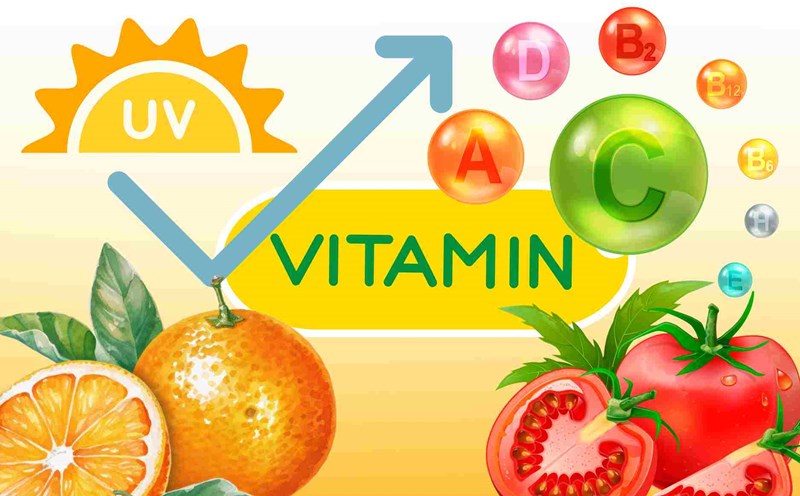Here are foods that should be supplemented regularly to ensure a rich and balanced source of B vitamins for the body.
Whole grains
Whole grains such as oats, brown rice, barley, whole grain phi not only are rich in fiber but also provide many vitamins B1 (thiamine), B3 (niacin), and B6 (pyridoxine).
A diet rich in whole grains helps reduce the risk of large red blood cell anemia and improve nerve function, especially in the elderly and pregnant women.
Vitamin B1 plays an important role in the metabolism of glucose, the main nutrient that creates energy for the brain. B1 deficiency can cause fatigue, memory disorders, and even peripheral nerve damage.
Eggs and milk
Chicken eggs and dairy products such as yogurt, cheese, and fresh milk are rich in vitamin B2 (riboflavin), B5 ( pantothenic acid) and especially B12 (cobalamin) - a vitamin necessary for DNA synthesis, red blood cell production, and maintenance of myelin that protects nerves.
Vitamin B12 is only available in animal-based foods, so vegetarians are completely susceptible to serious deficiency if they do not supplement with tablets.
In addition, B2 helps metabolize fatty acids, protecting the eyes and skin from oxidation, while B5 supports the production of adrenal hormone to help the body cope with stress.
Beans and green vegetables
Leafy greens such as spinach, spinach, broccoli, along with beans such as lentils, green beans, black beans... are rich sources of vitamin B9 (folate). Folate is especially necessary for women of reproductive age, as it helps prevent neural tube defects in the fetus.
According to the World Health Organization (WHO), about 30% of women of reproductive age worldwide are deficient in folate, increasing the risk of premature birth, miscarriage and birth defects.
Not only important during pregnancy, folate also supports cell regeneration, prevents anemia and reduces the risk of stroke in older adults.
Animal liver
Beef and chicken liver are one of the foods richest in B vitamins, especially B2, B3, B6, B9 and B12. Just a 100g serving of liver can provide over 100% of the daily requirement for the above B vitamins.
However, due to high cholesterol content, liver should be eaten no more than 1-2 times a week and combined with foods rich in fiber to neutralize the effect.








